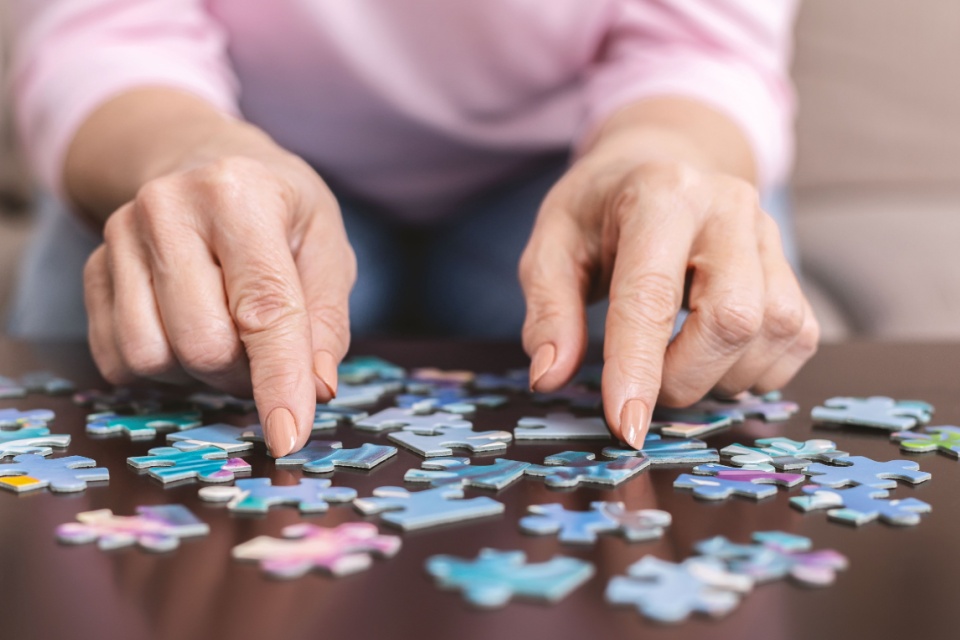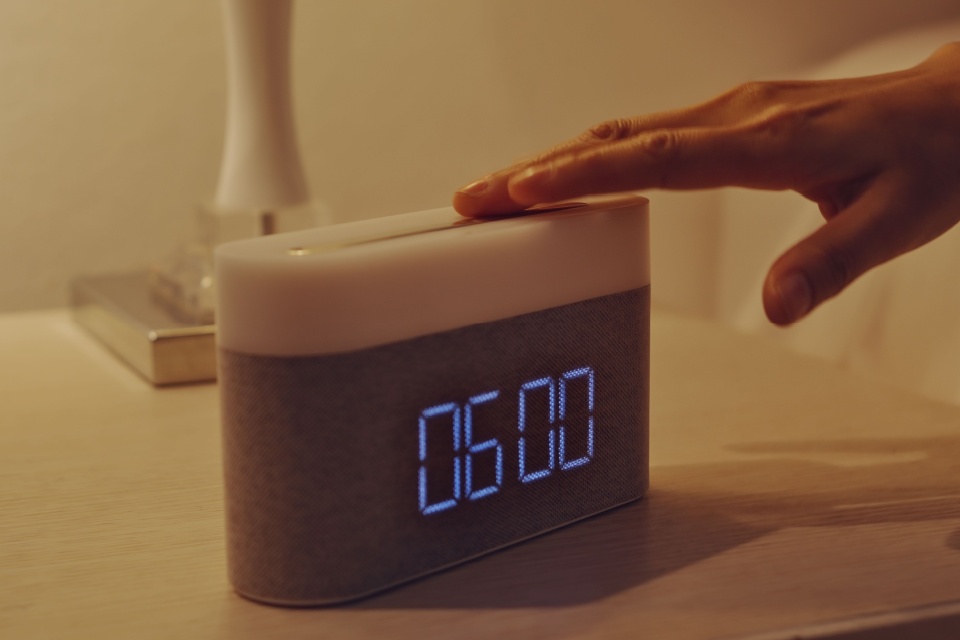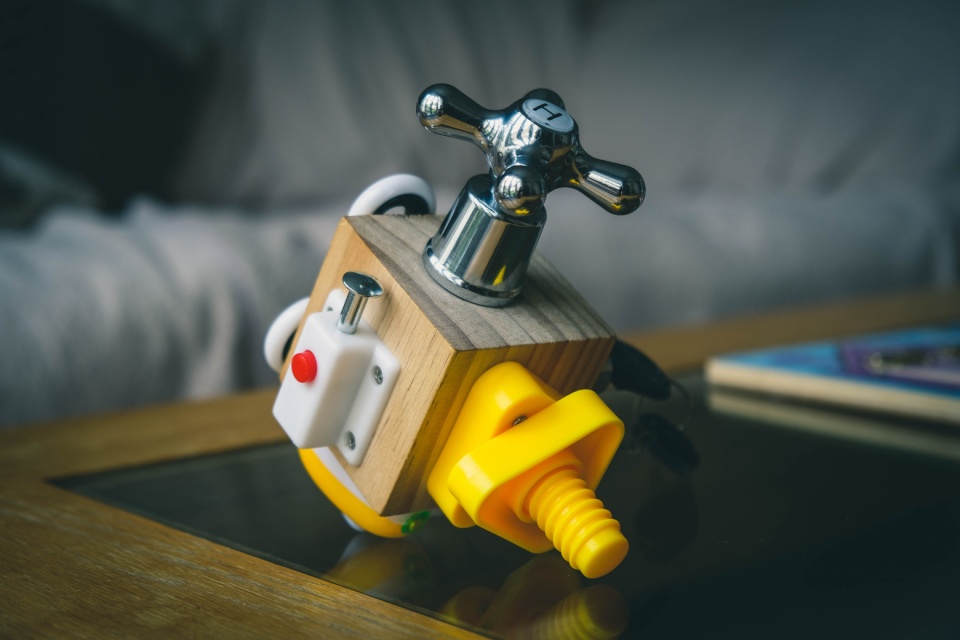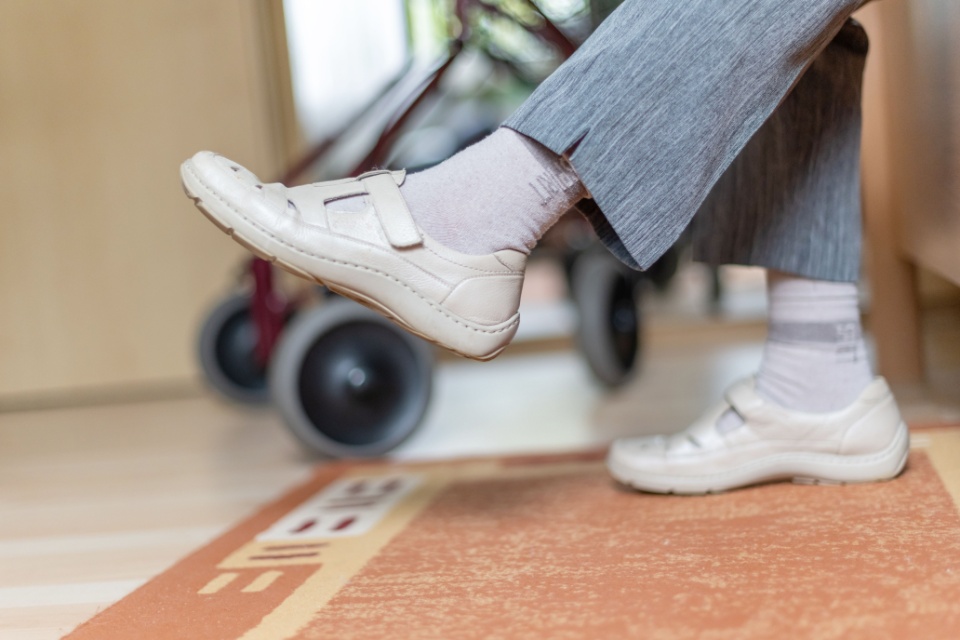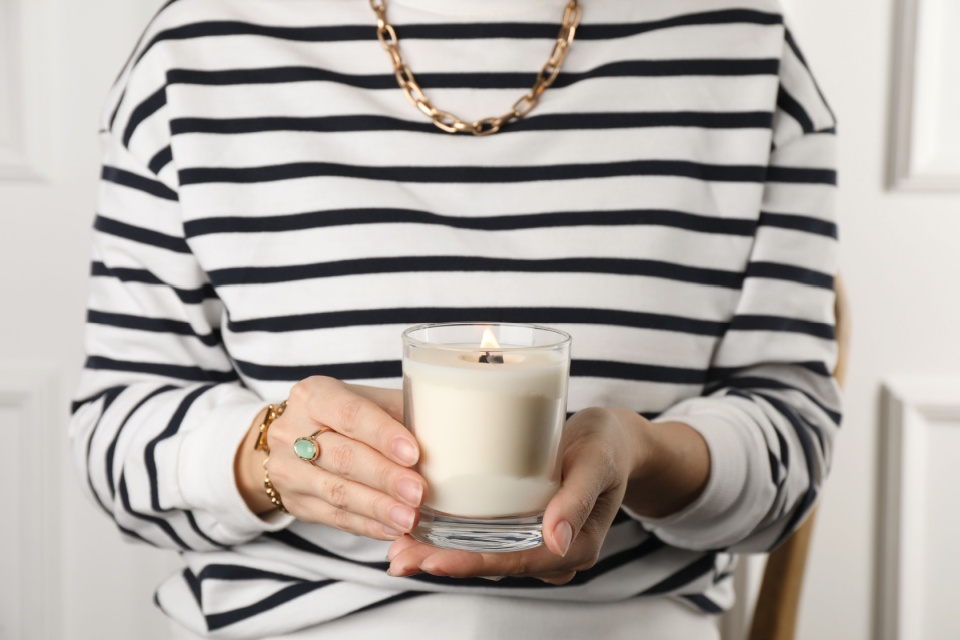25 Unique Gifts for Dementia Patients in Every Stage

Finding the best gift for a loved one can be challenging, especially for someone with dementia. As their dementia progresses, it can be difficult to know what they would truly enjoy and benefit from. However, picking a gift can be extremely fun and rewarding if you know what to look for. To make your loved one feel special this holiday season, look for gifts based on their stage of dementia. Some great ideas we highlight below include games, craft kits, assistive products, fidgets, and sensory items.
Let our care assessment guide you
Our free tool provides options, advice, and next steps based on your unique situation.
Key Takeaways
- Consider your loved one’s dementia stage when shopping for a gift to help ensure that they can appreciate it and enjoy it with ease.
- In earlier stages of dementia, mind-stimulating gifts may be more suitable and may include board games, arts and crafts kits, and puzzles.
- In middle- to late-stage dementia, assistive or sensory gifts are a better fit, and they may include a reminder assistant, fidget toys, or adaptive clothing.
- Make sure your loved one feels loved and appreciated, so be sure to think of what could help when choosing a gift.
Gift ideas for someone with early-stage dementia
People with early-stage dementia are still relatively independent, social, and have good communication skills. They’re just starting to see some signs of dementia in their daily lives, like forgetting common words or misplacing everyday objects. Innovative products for seniors may help support your loved one during this stage of dementia.
If you’re looking for gift ideas for someone with early dementia, consider options that distract their minds, calm their nerves, and ignite fond memories. Read below for some ideas to get you started.
Games and activity gifts
People of all ages and abilities can enjoy games. These gift ideas for dementia patients not only initiate social interaction but also boosts cognitive thinking and brings joy and entertainment. The following are a few good examples:
- A photo memory game is a great gift idea for someone with early dementia. In this set, each game consists of 24 cards and can feature up to 12 different photos. This personable and interactive gift can stimulate the mind while bringing a delightful and familiar smile to your loved one’s face. Be sure to include meaningful text and their favorite photographs or memories of grandchildren, friends, or pets. It’s perfect for any occasion.
- PICLINK is a multi-game set of 36 tiles designed for individuals with cognitive impairment or disabilities. This game is perfect for all ability levels and includes photos of different categories like people, structures, transportation, food, and more. It can encourage conversations, reinforce memories, and keep seniors engaged.
- Dementia-friendly puzzles allow you to choose any number of puzzle piece sets with various designs such as nature, sports, and other themes. They’re an entertaining and easy activity to participate in with your loved one. You can invite friends and grandchildren to join in on the fun too! After you complete the puzzle, you can frame it and keep it as a memory, or make completing puzzles a regular family tradition around the holidays.
- Board games for dementia patients are a fun way to help improve your loved one’s dexterity, hand-eye coordination, and mental strength. Set aside some time to play together for an added sense of attention and social connection.
- Spend time together by planning an engaging activity to enjoy with your loved one at home. From knitting and crocheting to experiments with sounds and reminiscence therapy, the creative opportunities of at-home activities are practically limitless.
Creative and stimulating gifts
The best gifts for people with dementia typically engage the heart, mind, and soul. Here are a few gifts tailored to encourage the artistic side of seniors who are passionate about art, music, or self-expression:
- Aquapaint is the perfect way to write, draw, and create masterpieces with no mess. Because of its durable paper, it’s a great gift for anyone with limited hand control. Your loved one can paint on the surface, but as the water slowly evaporates, the image dissolves, leaving a clean slate. It’s the ideal gift for those who love to draw or use their hands because it encourages creativity over and over again.
- Therapy Dough is an infused, colorful, grown-up version of play dough that can ease tension and reduce stress and fidgeting. Watch your loved one’s imagination light up as they squeeze and mold dough to create their own art. Add lavender oil to provide a calming effect or peppermint oil to increase energy and awareness. Many art therapists use clay or dough to reduce depression and anxiety. It’s a fun yet simple way to help your loved one unwind.
- Coloring books can be a great gift for a senior who loves getting creative. There a variety of vibrant options to choose from. You can choose a book based on your loved one’s skill level and interests. For instance, you can gift a book filled with images of birds if they enjoy birdwatching or a holiday-themed book for them to enjoy around Christmas.
- A custom photo book is a sentimental gift any loved one will enjoy. Choose anything from images of your loved one’s favorite vacation spots to beloved family photos to spark heart-warming memories you can reminisce about together.

Let our care assessment guide you
Our free tool provides options, advice, and next steps based on your unique situation.
Gift ideas for someone with middle- to late-stage dementia
In the middle stages of dementia, seniors’ symptoms are more noticeable as their behaviors start changing. They may start having trouble performing daily tasks like bathing, dressing, or using the bathroom. You may also notice they’re confusing their words or forgetting things often. These symptoms can agitate your loved one and lead to frustration for both of you. Despite these behavioral changes, your loved one may still be able to recall certain names, faces, and memories.
In late-stage dementia, seniors are typically no longer capable of performing their regular daily activities or hobbies. They may also be exhibiting more signs of agitation, restlessness, or even aggression. You want to be mindful of what your loved one is going through as you begin thinking of buying them a gift.
A good rule of thumb for a middle- to late-stage dementia gift is to focus less on having them complete an activity and more on encouraging simplicity, calmness, and relaxation. Below are a few gift ideas to get you started.
Assistive gadgets for dementia patients
A loved one with moderate dementia is experiencing heightened symptoms, but may still have some of their memories and communication skills. Gadgets that can help ease their memory loss symptoms and maintain a sense of independence are great for middle-stage dementia. Here are a couple of examples of assistive products for seniors that can do just that:
- A memory picture phone can be an excellent gift for seniors who may be intimidated by or unable to use modern technology easily. This 10-button, corded picture phone includes an emergency button, and each button is a frame meant to hold the photo of a family member or friend. The phone is hearing aid compatible and ensures effortless communication.
- A digital alarm clock and reminder assistant is a modern clock that allows you to set alarms and it spells out the date and time in large, clear letters. The clock is voice-activated and can record up to 25 personal reminders. There are no confusing abbreviations, and the clock has a battery backup in case of a power outage.
- A digital pill dispenser that unlocks and dispenses the correct medication at the right time. This dispenser has audible and visual alerts to help someone with dementia take the right medication. It can also send alerts to caregivers to help them track their loved one’s medication regimen from afar.
Dementia-friendly fidget toys
Ideal for seniors with late-stage dementia, fidget toys for dementia patients are carefully designed therapeutic tools that can provide comfort and calming sensations for your loved one. Dementia toys encourage thinking and engagement to relieve boredom by providing a variety of tactile stimulation options. You can find them online and in various stores, or, if you’re handy with a sewing machine or drill, some can be easily made at home. Their attachments can include colorful sequins, a coin purse, Velcro, buckles, and more to keep your loved one at ease while resting or sitting.
Fidget toys can come in a variety of shapes and styles, including the following:
- Dementia-friendly busy boards are made of wood and are meant to be placed on a table or on a person’s lap. Fun attachments can include sliding tiles and small doors to open and close.
- Fidget blankets for dementia, also known as dementia busy blankets, activity blankets, or fidget quilts, are squares of fabric with movable objects sewn onto one side, such as Velcro strips and zippers.
- Fidget pillows, also known as activity pillows, are very similar to fidget blankets, but they take the shape of a plush cushion or stuffed animal. They’re very portable and can come with interactive attachments, like pockets, buttons, and bells, on one or both sides.
- The Playable ART Ball fidget toy is an artistic wooden toy built of smooth, safe, movable spheres. The spheres can be arranged to make things like holders for pens and phones. The spheres come in 12- or 20-ball designs with multiple finish options to choose from. These open-ended toys provide stimulation and the opportunity to use the imagination. They not only help with hand dexterity but can be a simple way to have fun while building something unique.
Handy gifts for dementia patients
Gifts that simplify everyday life or make tasks easier can be excellent choices for any senior with dementia but especially for those in later stages. The following are gift ideas that may be able to reduce stress or streamline aspects of day-to-day life:
- Adaptive clothing is a great gift for anyone who struggles to get dressed independently. People in late-stage dementia typically require dressing assistance from another person. Look for clothing that doesn’t have to be pulled over the head to avoid unnecessary agitation. Shirts from Silverts have a detachable back. The wearer can simply slip it over their arms and fasten it at their shoulders.
- Adaptive equipment and utensils can help with things like transferring and feeding. A transfer bench, for example, helps a senior move from in and out of the shower. Additionally, adaptive feeding tools are specially designed to help seniors eat and drink with more ease and independence.
- A nonslip shower mat — always a good idea —will help keep your loved one safe and comfortable during bath time.
Read more:The Best Adaptive Clothing for Seniors
Sensory gifts for dementia patients
Self-care is important for everyone, especially for seniors with dementia, and self-care can provide quick relief and reduce tension. For seniors experiencing overstimulation or agitation, here are a few gift ideas to help calm their nerves.
- Scented items and aromatherapy help seniors with dementia calm their nerves, reduce stress, and even help with memory recall. Aromatherapy can benefit dementia patients by helping counter behaviors like aggression and agitation. An essential oil diffuser is a great gift to start incorporating aromatherapy into your loved one’s life. Add in a few drops of essential oils, like lavender or peppermint, and you can give your loved one a spa-like feeling day or night by creating a soothing atmosphere. Scents familiar to their past can also help with memory recall. For instance, an evergreen scent can bring back memories of Christmastime.
- A simple music player can help your aging loved one listen to their favorite songs with ease. Your loved one with dementia can listen to pre-loaded songs or you can personalize it by uploading favorite songs that may help soothe their anxieties. There are only three buttons, making it easy to use and it’s reminiscent of an old-fashioned radio. This music player enables dementia patients to reap the benefits of music therapy, which can improve mood and lower stress.
- An indoor gardening kit or plant. The benefits of gardening are significant. It can be therapeutic for seniors with dementia and it provides light physical exercise. It also engages many senses due to vibrant colors, fresh scents, and various plant textures associated with gardening. Caring for a plant can also inspire feelings of confidence and purpose, and can add beauty to the home. However, it’s important to ensure that plants are non-toxic and easy to care for.
Comfort gifts
If you’re looking to provide your loved one more comfort as dementia progresses, you can try the following options. These comforting gifts can help your loved one cozy up, calm down, and relax:
- Soft knit pajamas and other snuggly clothes can help your loved one feel cozy and cared for. Everybody needs something comfortable to sleep in or bundle up in. If you know your loved one’s favorite color or style, Buck and Buck is a quality brand with several options. Many of this company’s offerings provide optimal comfort and are designed to make getting dressed easier for those with dementia or disabilities. You can sort through a variety of flannel gowns, shirts, and knit pajamas for women, as well as flannel pajamas for men with a Velcro strap or zipper.
- A chunky knit blanket can provide warmth and coziness all year long. It can be decorative yet perfect for curling up and watching a movie with a loved one or pet. There are many different styles, colors, and textures to choose from. It’s a relaxing gift that can work well for anyone at nearly any time.
- A music therapy teddy bear is a plush, stuffed bear that will help calm any agitation your dementia patient may be experiencing. Its comforting, fluffy texture is complemented by an MP3 player to which you can download your loved one’s favorite music.

Talk with a Senior Living Advisor
Our advisors help 300,000 families each year find the right senior care for their loved ones.
Finding the right gift for a dementia patient
After researching several gift ideas, you may still be unsure of what to get your loved one with dementia. In the end, the most important thing is to make them feel loved and appreciated.
While caring for a loved one with dementia, you may find that their symptoms are causing them varying levels of discomfort and stress. If that’s the case turn to gifts that’ll help relieve that stress. For instance, if they get frustrated about forgetting things, a reminder assistant would be best. Anything you can do to help your loved one manage stress can help lower the risk of negative health consequences.[01]
When considering options, think of something simple, useful, and tailored to their personal interests, capabilities, and stage of dementia. The products listed above can reignite memories and give your loved one a sense of joy and comfort, whether your loved one lives at home or in a memory care community. They can also encourage your senior to self-direct, giving you a much-needed break.
Our curated list offers dementia-friendly gifts for birthdays, holidays, or any special occasion. Whether you’re looking for one-of-a-kind gifts for a mom or dad with dementia or a present to nurture the heart of a nature lover, there’s something for everyone here. To go above and beyond, you can curate a care basket catered to your loved one by combining a few ideas above.
If you need help caring for a loved one with Alzheimer’s or another dementia-related disease, consider reaching out to a Senior Living Advisor at A Place for Mom. Their services are free to you, and they’ll help you find the right kind of care to match your and your loved one’s needs.
American Psychological Association. Living well with dementia.
Senior living options in all states
The information contained on this page is for informational purposes only and is not intended to constitute medical, legal or financial advice or create a professional relationship between A Place for Mom and the reader. Always seek the advice of your health care provider, attorney or financial advisor with respect to any particular matter, and do not act or refrain from acting on the basis of anything you have read on this site. Links to third-party websites are only for the convenience of the reader; A Place for Mom does not endorse the contents of the third-party sites.
Make the best senior care decision
Make the best senior care decision
